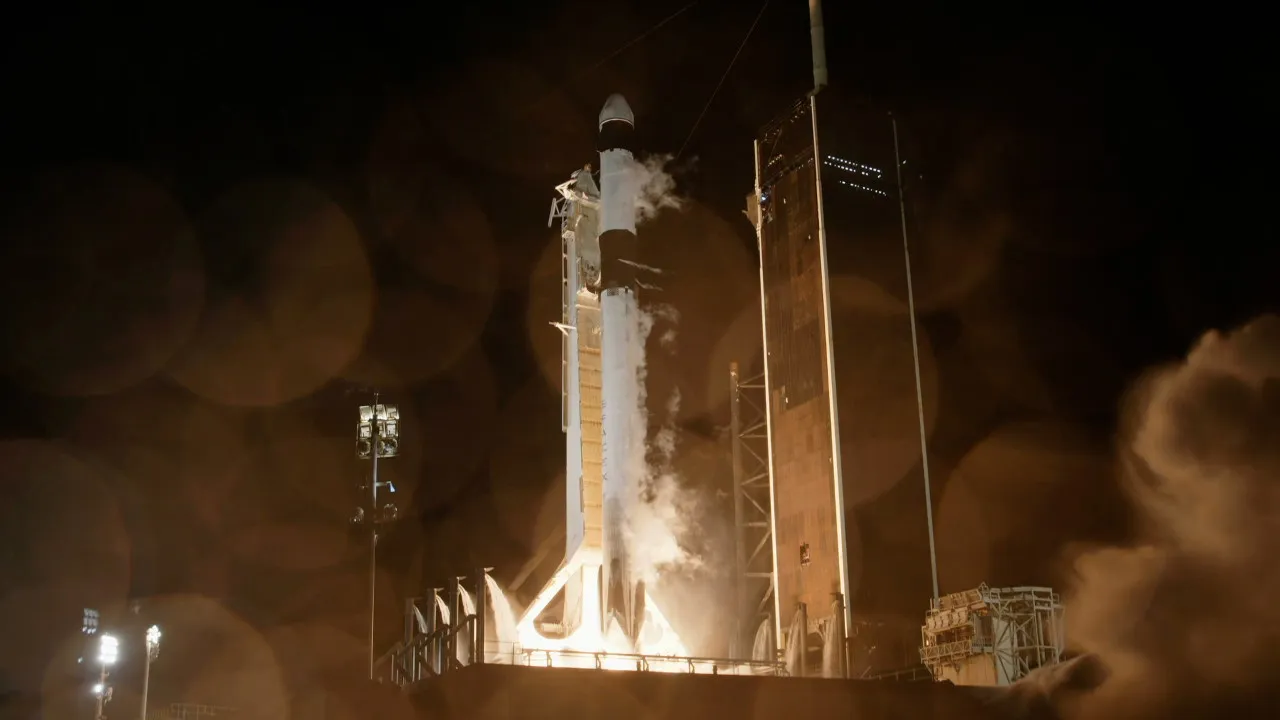NEW YORK, NY – The SpaceX-29 commercial resupply spacecraft is set to deliver a variety of physical sciences and space biology experiments, along with other cargo, to the International Space Station (ISS). This mission plays a crucial role in understanding how humans and essential plants can survive in deep space.
Central to the mission are several scientific investigations:
Plant Water Management-5 and 6 (PWM-5 and 6): These studies focus on overcoming the challenges of microgravity on plant hydration and nutrition. By exploiting the physical properties of fluids, such as surface tension and wetting, PWM-5 and 6 aim to provide adequate hydration and aeration for plants in reduced gravity environments. These experiments will enhance understanding of fluid flow and could inform the design of fluid delivery systems in space.
Plant Habitat-06 (PH-06): This experiment investigates the impact of the spaceflight environment on tomato plants’ ability to defend against disease-causing microorganisms. It focuses on the role of salicylic acid in regulating plant immune functions in microgravity. Findings from PH-06 could help develop strategies to reduce crop loss and maintain produce quality in space agricultural settings.
Rodent Research-20 (RR-20): With extended missions to the Moon and Mars in view, understanding the impact of spaceflight on reproductive health is vital. RR-20 aims to study whether space-flown female mice experience temporary or permanent changes in reproductive capabilities and if these changes are linked to bone loss. This research is critical for assessing the long-term health implications for female astronauts on space missions.
Bacterial Adhesion and Corrosion (BAC): This joint space biology and physical sciences payload examines the behavior of multi-species biofilms in microgravity. Understanding biofilms is key to addressing contamination risks in water treatment systems and ensuring astronaut health. The BAC experiment will identify bacterial genes involved in biofilm growth, assess biofilm’s ability to corrode stainless steel, and evaluate the effectiveness of silver-based disinfectants.
These experiments aboard SpaceX-29 are essential for advancing our knowledge in space agriculture and health, contributing significantly to the future of long-duration space missions.

